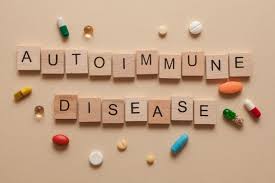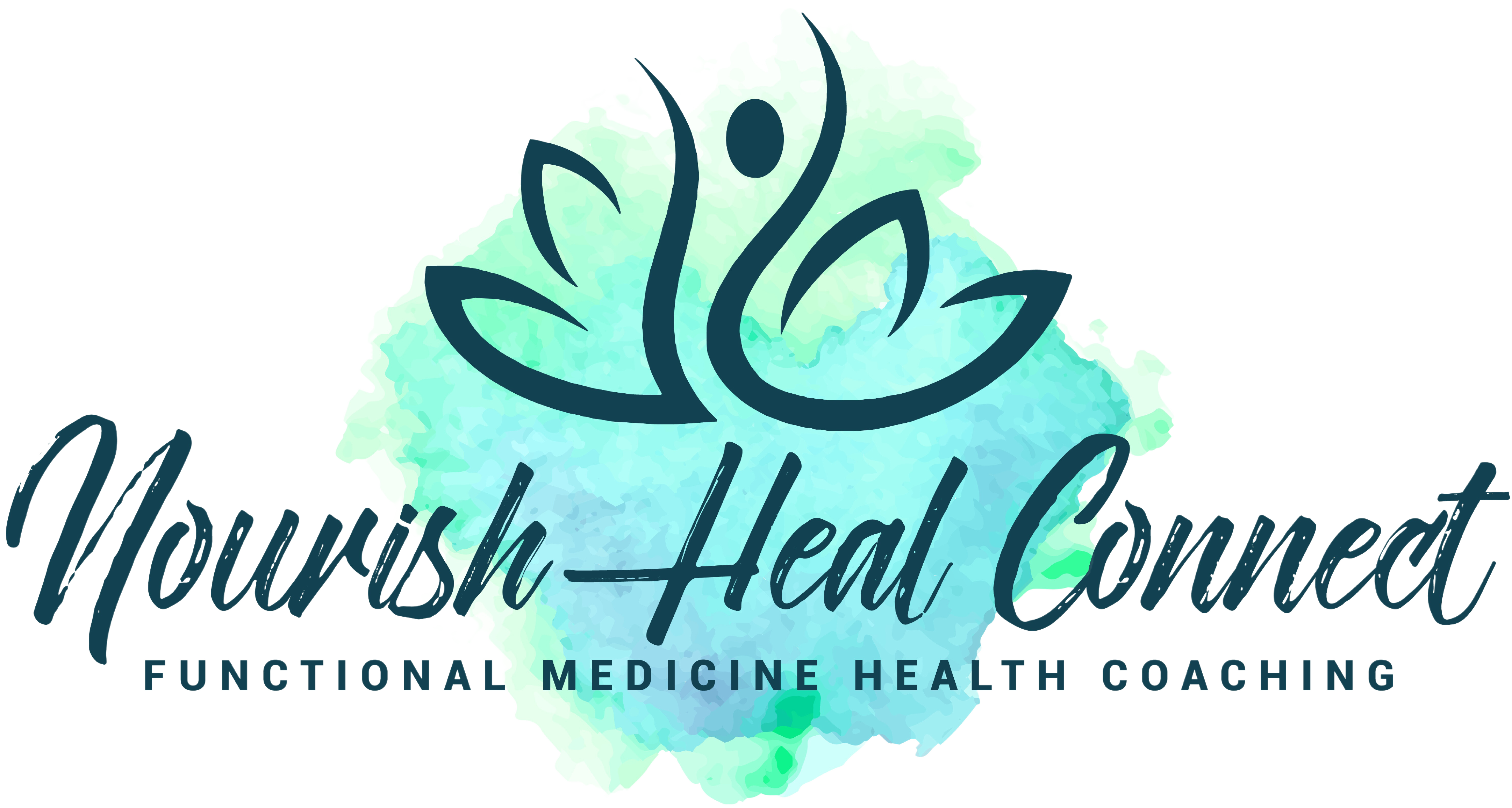What is an autoimmune disease and why you need to know about it
I have mentioned in my earlier post about how chronic conditions are increasing worldwide. And inflammatory chronic conditions like autoimmune conditions, allergies, asthma and arthritis are increasing at dramatic rates. Hidden food sensitivities, stress, toxins, inflammatory foods and poor lifestyle are usually the real reason for these inflammatory conditions.

Autoimmune conditions prevail when your body’s immune system attacks it’s own tissues rather a potentially dangerous foreign substance like an allergen, bacteria or virus, a toxin. The immune system fails to differentiate between the foreign molecule and parts of your body and develops antibodies against itself rather than the intruders. In some cases it’s your thyroid under attack, in others it’s your intestines, or your skin, your brain, your pancreas, or another organ. There are more than 100 types of known autoimmune diseases that have been classified. For instance rheumatoid arthritis, lupus, multiple sclerosis, thyroid disease, inflammatory bowel disease among many others.
Various symptoms associated with autoimmune conditions (but not limited to) are
- joint pain, muscle pain, weakness or tremor
- feeling tired or fatigued, weight gain or cold intolerance
- dry eyes, mouth or skin
- difficulty focusing or concentrating
- weight loss, chronic diarrhea
The role of chronic inflammation
Apart from a complex genetic component, research shows that all autoimmune conditions have an epigenetic component as well. That means that a large part of the risk for developing an autoimmune disease is due to lifestyle factors; in other words, how much you move, what you eat, how you live your life, your social connections and your exposure to environmental toxins play a very large role. Due to this reason, chronic and systemic inflammation due to the misplaced immune response is an underlying factor for many autoimmune conditions. The good news is that by finding out source of the inflammation can help in managing the condition. This is where Functional Medicine can play an important role.
There are only a handful of Functional Medicine practitioners in India as of now; you can find them on the Institute of Functional Medicine website. There are many medical professionals (based in the US and UK) who are trained in the Functional Medicine paradigm whom you can reach out to as they do consultations online.
Some things to think about
Since autoimmune conditions develop due to the body’s immune system going rogue, the solution lies in getting the immune system back under control. I will discuss this in more details in a separate post later, but there are some basic steps that you can take today to move towards health and vitality-
- Consume a maximally nutrient-dense diet and avoids foods that you have a sensitivity towards (this can be identified by doing a comprehensive elimination diet)
- Reduce your toxin exposure
- Move your body and activate and use your muscles.
- Control your stress hormones using restorative practices (yoga, tai chi, massage, deep breathing) and meditation
- Maintain or build social connections with supportive people
My role as a Health Coach
My role as a Functional Medicine certified Health Coach is to guide and support you in taking the steps mentioned above. Even with knowing what needs to be done, it is not always easy to make the necessary changes. Keeping the principles of Functional Medicine in mind, I guide my clients through the process of making important lifestyle and dietary changes.
In my coaching sessions you can expect customised guidance and support on
–nutrition
– movement
– sleep and relaxation
– social relationships and connections
– mindfulness and stress management
If you are interested in knowing more about how I can help you, please feel free to contact me using the form below
